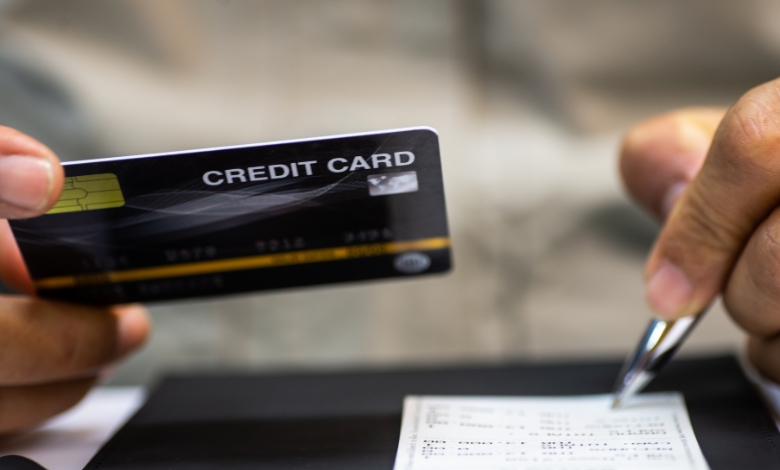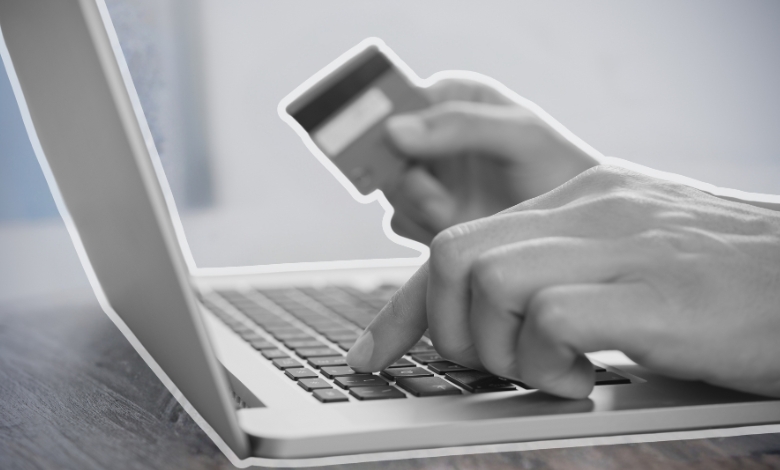Discover what G2G charge means, how it works, where it appears, and whether it’s safe, deep dive into G2G transactions explained.
If you’ve recently scanned your bank statement and stumbled across a mysterious line labeled “G2G charge”, you’re not alone. You’re probably asking: What is this? Who charged me? Is this legit or a scam?
This isn’t just about identifying a transaction. It’s about understanding a broader financial ecosystem, how online marketplaces work, why game credit resellers like G2G exist, how digital payment methods play a role, and how you, as a digital consumer, are affected.
In this guide, we’ll go deeper than just surface-level answers. You’ll not only learn what a G2G charge is but why it appears, who initiates it, whether it’s safe, how to dispute it if necessary, and how the evolution of digital economies and digital payment methods has made such charges increasingly common.
Let’s break it down.
Article Breakdown
G2G Charge: The Basics
What Exactly Is G2G?
G2G.com, short for “Gamer to Gamer”, is a global marketplace for in-game items, gaming accounts, and services. Think of it as an eBay for virtual goods. If you’re playing Fortnite, FIFA, Call of Duty, or even MMORPGs like World of Warcraft or RuneScape, G2G connects you with sellers who can offer:
- Boosting services
- Skins or cosmetics
- Rare in-game currency or equipment
- Entire leveled accounts
It’s an open exchange that thrives on peer-to-peer transactions, but not in the traditional financial sense. Here, the currency is digital, and the value is in the experience, not a physical product.
So, What Is a G2G Charge on My Statement?
A G2G charge typically appears on your credit card or bank statement when:
- You (or someone using your financial details) made a purchase on G2G.com.
- The charge was processed via a third-party payment gateway (often labeled simply as G2G or similar).
- It reflects a transaction involving digital goods, not physical merchandise.
In essence, if you, or a family member, bought a gaming service, this is likely the source.
Is the G2G Charge Legit or a Scam?
When It’s Legit
If you or someone in your household purchased from G2G.com, the charge is legitimate. Most G2G transactions appear under variations like:
- G2G,
- G2G.com,
- or even payment processors like Stripe, Nuvei, or PayPal (linked back to G2G).
Double-check:
- Your G2G account (if you have one)
- Your email for a purchase receipt
- Shared devices used for gaming in your home
When It’s Suspicious
If you have no recollection of using G2G or making a gaming-related purchase, take it seriously. Red flags include:
- Unknown location or currency
- Multiple transactions in a short period
- Small test amounts (e.g., $1 or less), possibly checking if the card is active
G2G charges can be used in fraud if someone accesses your financial data and tests it on digital goods (because they’re easy to resell).
Why Is G2G Popular for Digital Transactions?
The Rise of Virtual Economies
Let’s be real: gaming is no longer just a pastime, it’s an economy. And G2G sits at the intersection of:
- Massive demand for in-game advantages
- Freelancers offering grinding, leveling, or farming services
- Players who want to skip the grind and get right to the fun
This creates a perfect storm for microtransactions, where $5 here, $20 there, suddenly leads to dozens of small charges.
No Borders, No Bricks
One radical element of G2G is its global nature. You can buy an item from a seller in Brazil while sitting in Karachi, using a payment processor in Ireland. That’s digital globalization, and it means your bank might not immediately recognize the charge or its source.
How to Confirm a G2G Charge
Before hitting the panic button and canceling your card, do this:
- Check Your Email: Look for any receipts from G2G.
- Log Into G2G (or create an account): If you ever made a purchase, the record will be there.
- Talk to Family: Especially teenagers or roommates, gaming purchases are often shared expenses.
- Contact Your Bank: Ask for merchant descriptors or confirmation.
Still no answers? Move to the dispute process.
How to Dispute a G2G Charge
If you’re confident you didn’t authorize the transaction, take these steps:
- Contact G2G Support:
- Email or open a live chat.
- Provide the transaction ID or last 4 digits of the card.
- File a Dispute With Your Bank:
- Mark the charge as “unauthorized.”
- Your bank will temporarily refund the money and investigate.
- Freeze or Replace Your Card:
- If fraud is confirmed, replace your card immediately.
- Monitor closely for further charges.
Pro tip: If G2G finds the transaction valid and you still suspect fraud, it likely means your card was compromised outside their system.
Common Confusions Around G2G Charges
G2G vs. G2A vs. GOG
These platforms often get mixed up:
- G2G = Peer-to-peer gaming services
- G2A = CD keys and game licenses
- GOG = DRM-free games from CD Projekt Red
If the charge says G2G, don’t confuse it with others. Each one has a different model, and only G2G deals in game accounts and services, not game keys or titles.
Is G2G Safe to Use?
The million-dollar question.
Here’s the honest answer: Mostly, yes, but with caveats.
Why It’s Considered Safe
- Buyer protection policies exist.
- You pay through secured third-party processors.
- Disputes and refunds are possible within specific windows.
Why It Can Be Risky
- Sellers may not always be vetted.
- Chargebacks can get tricky due to the intangible nature of services.
- Account bans may occur if the game’s terms of service are violated by the seller’s methods (e.g., account boosting or third-party login).
Bottom line? If you’re using G2G, understand what you’re buying and who you’re buying from.
G2G Charge & Financial Identity Theft
Digital gaming services are now a breeding ground for card testing and small-scale identity theft. Why?
- Low price points make G2G ideal for fraudsters to test if a card works.
- Instant delivery allows them to resell or use the product before the charge is even noticed.
- Lack of physical shipping makes tracking culprits harder.
If you see a G2G charge you didn’t authorize, do not delay.
How to Prevent Unauthorized G2G Charges
- Set Alerts for All Transactions: Many banks now offer real-time push or SMS alerts.
- Use Virtual Cards: Services like Wise, Revolut, or privacy.com offer disposable card numbers.
- Avoid Saving Card Info on Gaming Sites: It’s convenient, but risky.
- Use Multi-Factor Authentication (MFA) on every account: G2G, email, bank, and payment processors.
Key Takings
- G2G charge refers to a transaction from G2G.com, a digital marketplace for gaming services and accounts.
- Most G2G charges are legitimate, especially if you’re a gamer or live with one.
- If you don’t recognize the charge, act immediately: contact G2G support and your bank.
- G2G thrives due to the global digital economy and the massive popularity of in-game services.
- Misunderstandings often happen with similar names like G2A or GOG, always check the exact descriptor.
- Although G2G is generally secure, the peer-to-peer model carries risks, especially regarding seller reliability and game publisher policies.
- Unauthorized charges may point to financial data breaches, even outside the G2G ecosystem.
- Using alerts, virtual cards, and MFA can drastically reduce your risk exposure in the future.



